-
play_arrow
WURD Radio
Thousands of Philly foster youth are still waiting for pandemic relief money
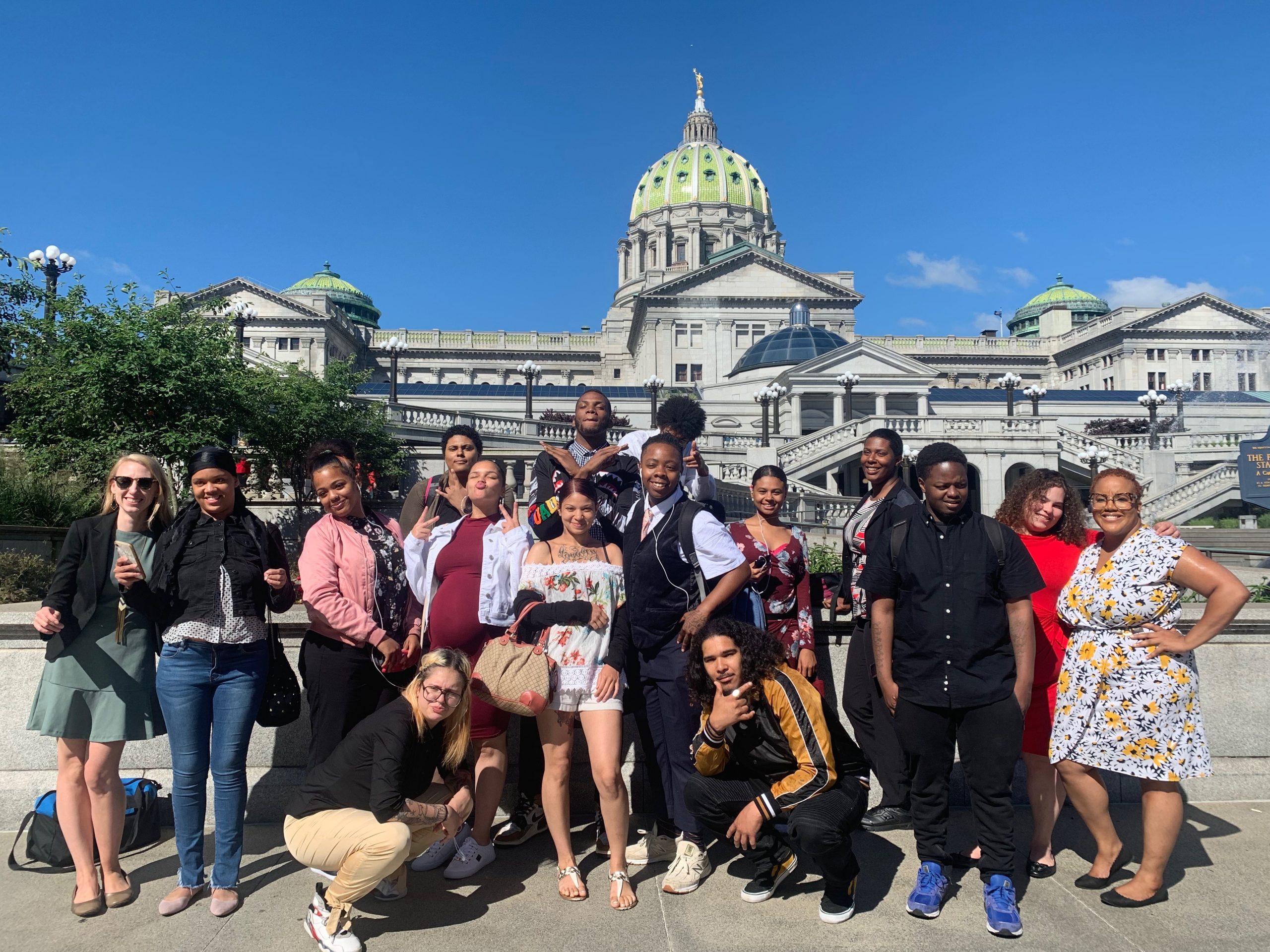

WURD is one of more than 20 news organizations producing Broke in Philly, a collaborative reporting project on solutions to poverty and the city’s push towards economic mobility. Follow us at @BrokeInPhilly.
By Steve Volk | Billy Penn
Thousands of young people in Philly who spent time in foster care have not yet received their share of federal stimulus money for food and housing. Advocates blame overly stringent eligibility requirements set up by the city’s Department of Human Services.
Most of Philadelphia’s $1.1 million fund, provided by the federal Supporting Foster Youth and Families Through the Pandemic Act, was slated to be given out in the form of $200 gift cards.
Intended to help cover basic needs like rent, food, and utilities, the money was available beginning June 1. An estimated 4,800 young Philadelphians are eligible to receive the money, according to DHS.
Thus far, however, the city has given out only about $56,000, officials admitted during a meeting of the Child Welfare Advisory Board this week.
The federal assistance program, totalling $400 million, was designed to reach youth who were in foster care at age 14 or older, and are now up to 26 years old. State and local agencies were tasked with getting the money out to youth, and allowed to set certain eligibility requirements of their own.
Philadelphia DHS decided that to get the money, youth had to be currently between 22 and 26 years of age, or be parents. (Find more info and applications here.) That makes the city an outlier.
“Almost every other state and the counties that are implementing in Pennsylvania are providing money to youth beginning at age 18,” said Jennifer Pokempner, policy director at Youth Law Center, during the advisory board meeting. “We ask that you consider revising the plan.”
The problem, Deputy DHS Commissioner Samuel Harrison III told Pokempner, is that the agency wasn’t sure they’d have enough funds to go around if the city made 18 the starting point.
“We couldn’t give the total population a $200 stipend because that would mean over 10,000 kids and the money wouldn’t cover that,” Harrison said, adding that DHS also liked the idea of targeting youth who had aged out of the system since it would be hard to help them so directly after the program is slated to end on Sept. 30.
He did signal a willingness to change course. “We are definitely considering widening our net in terms of the population to receive this aid.”
The pandemic hit youth in foster care particularly hard. According to a poll conducted by national network FosterClub, just 37% of transition-aged youth in the foster system have had family members to rely on during the crisis. One in five reported they’re entirely on their own. Amost half of youth in foster care between 18 and 23 years old had lost their jobs or had their hours cut, according to a poll by UPenn’s Field Center for Policy Practice and Research. And about 25% had to seek new living arrangements.
Youth voices are gaining power
The group Youth Fostering Change sent a letter to DHS in March about the coming pandemic funding, emphasizing the need to use a variety of ways to reach people with news of the program, and suggesting the money go to youth 18 and up.
Marcía Hopkins, a senior manager of JLC’s Youth Advocacy Program who helps oversee the group, said DHS agreed to a subsequent virtual meeting with YFC, but gave no indication they would choose an older age limit.
The decision not to heed the advice of youth themselves is a bit surprising, given the timing.
This federal pandemic relief fund was created after an extended campaign by more than 220 national, state, and youth-led organizations, which gained bipartisan congressional support.
And in June, Philadelphia City Council passed legislation creating the position of youth ombudsperson to investigate complaints on behalf of youth and families at group and congregate care facilities.
The position had been a goal of youth advocates for decades, but gained fresh momentum after a series of scandals, including the asphyxiation death of 17-year old David Hess at Wordsworth, a youth residential treatment facility. Two youth-led groups from Juvenile Law Center — Juveniles for Justice and Youth Fostering Change — were important in building the case.
The new ombuds-office will operate out of the Inspector General’s office, wield subpoena powers and house a small staff with the power to accept anonymous tips and conduct independent investigations. With the exception of the office’s political nature (the ombudsperson will be appointed by the Mayor), it reflects much of what youth advocates and activists sought.
The victory underscored the extent to which youth with experience of foster care or the juvenile justice system are banding together as a political constituency.
“The journey to winning the city’s commitment and funding for a Youth Ombudsperson office began with three young people in 2018 who told their powerful stories of abuse in placement facilities,” said Councilmember Helen Gym, chair of City Council’s Children and Youth Committee, and author of the ombudsperson bill.
Regarding the decision to start stimulus relief eligibility at 22 and not 18, Pokempner suggested DHS had a “tough calculation” to make: To give out all the money, should they cast a wide net or target the population that is most difficult to help during non-pandemic times? “We always saw this as an opportunity,” she said, “and DHS did, too.’”
After reaching people to give them the $200 gift cards, the city might be able to provide additional help, connecting youth to other services.
“I think the key thing for us is that there is still time to fine tune this,” said Pokempner. “We know DHS wants to … reach young people. And we’re here to help.”
Original article on billypenn.com
THE WURD WEEKLY NEWSLETTER
Black Talk Media sent straight to your inbox.
BECOME A MEMBER
The forWURD Movement is your way to
protect and preserve Independent Black Media.
Written by: wurdradio21stg
Billy Penn Broke In Philly children department of human services foster care pennsylvania philadelphia philly Steve Volk
Similar posts
Featured post
Latest posts

Teens Cultivate Soil and Safety at Sankofa Community Farm

This week on WURD: Musiq Souldchild shares his journey, PA’s budget delays, Sherri Shepherd’s latest role

This week on WURD: Philly teachers on strike, SEPTA’s funding issues, Sankofa through farming
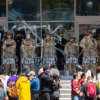
This week on WURD: I.C.E. in Los Angeles, “No Kings Coalition” march, Philly Black business market
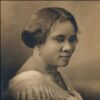
This week on WURD: Lemon Hill shooting, first Black Heiress, Trump’s executive order
Current show
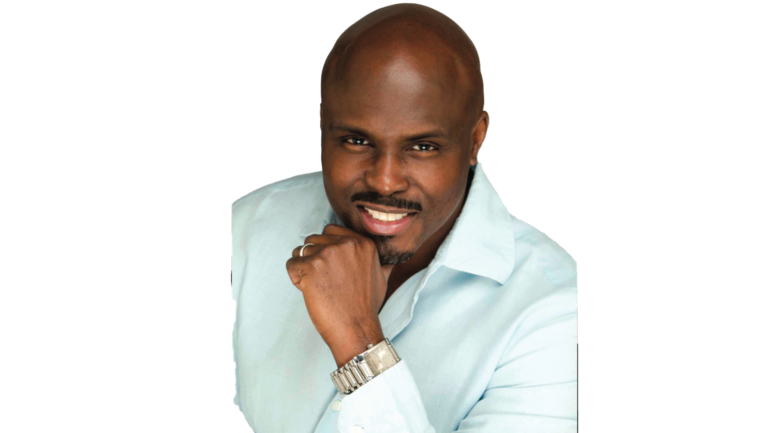
Wake Up With WURD
Hosted by award-winning journalist Solomon Jones, Wake Up With WURD is a news and entertainment talk show that promotes dialogue and debate on today's hottest issues, and does so from a black perspective. Our guests include journalists, politicians, leaders, academics, and pop-culture icons. We seek to share news and information interactively, to engage our listeners in meaningful and compelling dialogue, and to use information as a basis for action.
closeUpcoming shows
Reality Check
10:00 am - 1:00 pm

Keepin’ It Real with Rev. Al Sharpton
1:00 pm - 4:00 pm

Evening WURDs
4:00 pm - 7:00 pm

The Tavis Smiley Show
7:00 pm - 10:00 pm

Soulful Sunrise
6:00 am - 7:00 am
WURD Radio LLC © 2012-2021. All rights reserved.


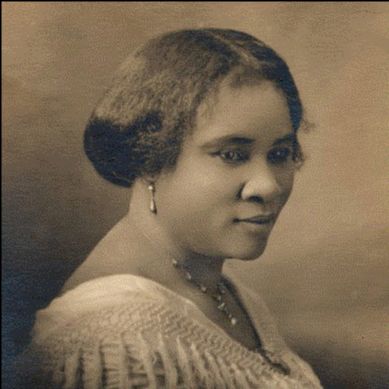

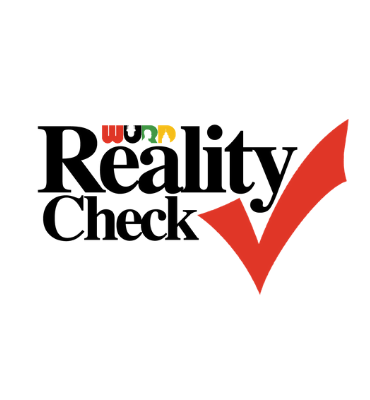

Post comments (0)